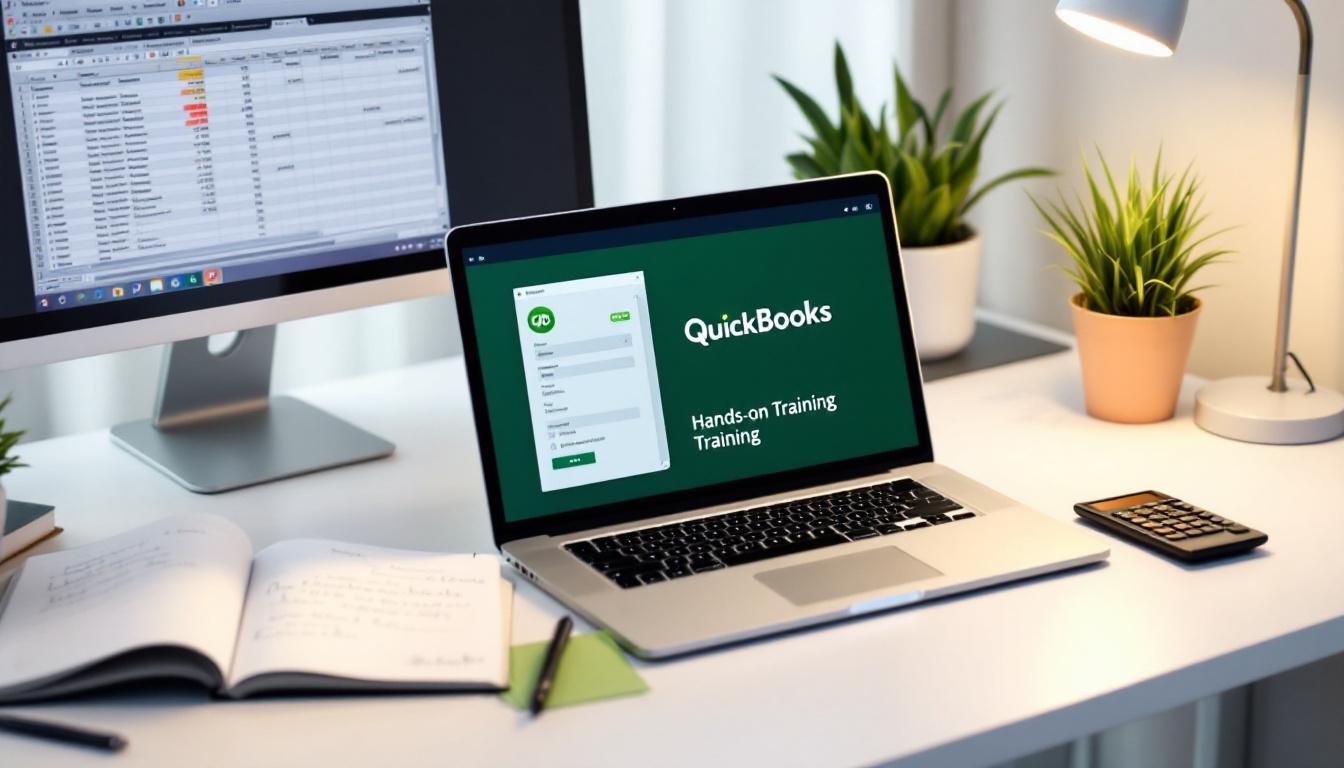

Receiving a tax refund feels like getting a bonus or windfall for many people. While your first instinct may be to spend the money on a big-ticket item, consider using it strategically instead of splurging. Here are some financially wise ways to strengthen your financial footing and ensure you receive a refund next tax season instead of owing money to the IRS.
Consider depositing your tax refund into a retirement account like an IRA or 401(k). This money will grow over time thanks to compound interest. Contributions to some retirement accounts may also be tax-deductible, potentially increasing your refund next year.
It’s a financial best practice to set aside enough money to cover three to six months of living expenses to protect against unforeseen circumstances. Your tax refund can contribute to or create the foundation for this safety net.
If you have children, you can never start setting aside money for their education too early. Investing in a 529 plan or an education savings account can offer tax advantages and help secure your child’s future.
Use your refund to pay off high-interest debts such as credit card balances or personal loans. Reducing your debt relieves financial stress, improves your credit score and saves money on interest, which can be much higher than any return on savings.
If you’re unsure how best to optimize your finances, consider using your refund to consult with an experienced accountant. An expert can provide personalized advice tailored to your financial situation and goals.
You could also put a tax refund toward professional development courses or continuing education programs that can enhance your skill set and make you a more valuable employee. This additional training could help you stand out when applying for new, higher-paying jobs.
Invest in home improvements that increase your property’s value, reduce utility costs or save on future maintenance. Energy-efficient appliances, modern windows and new insulation are examples of upfront costs that can lead to long-term savings.
If your employer offers HSAs or FSAs, these accounts offer tax advantages and can be a smart way to use your refund.
Receiving a large tax refund can be exciting, but it also means you’ve loaned money to the government interest-free over the year. Effective tax planning ensures you can optimize your withholding and estimated tax payments to better align with your actual tax liability. Then, you can have more money in your pocket throughout the year instead of waiting for a refund.
Tax planning offers the following advantages.
While it’s tempting to view a tax refund as “play money,” using it to shore up your financial base or invest in your future can bring longer-term, intentional returns. Clear View Business Solutions can help you maximize every refund and provide expert tax planning advice to optimize your financial outcomes. With careful planning and wise choices, you can make your tax refund a reliable cornerstone of your financial strategy. Contact our trustworthy team today for business advisory services, tax planning and preparation or full-service accounting and bookkeeping.
At Clear View Business Solutions, we know you want your business to prosper without having to worry about whether you are paying more in taxes than you should or whether your business is set up correctly. The problem is it's hard to find a trusted advisor who can translate financial jargon to layman's terms and who can actually help you plan for better results.
We believe it doesn't have to be this way! No business owner should settle for working with a CPA firm that falls short of understanding what you want to achieve and how to help you get there.

Northwest Location:
7530 N. La Cholla Blvd., Tucson, AZ 85741
Central Location:
2929 N Campbell Avenue, Tucson, AZ 85719
© 2025 Clear View Business Solutions. All Rights Reserved.
At Clear View Business Solutions, we know you want your business to prosper without having to worry about whether you are paying more in taxes than you should or whether your business is set up correctly. The problem is it's hard to find a trusted advisor who can translate financial jargon to layman's terms and who can actually help you plan for better results.
We believe it doesn't have to be this way! No business owner should settle for working with a CPA firm that falls short of understanding what you want to achieve and how to help you get there. With over 20 years of experience serving hundreds of business owners like you, our team of experts combines financial expertise and proactive communication with our drive to help each client achieve results and have fun along the way.
Here's how we do it:
Discover: We start with a consultation to understand your specific goals, what's holding you back, and what success looks like for you.
Strategize & Optimize: Together, we design a customized strategy that empowers you to progress toward your goals, and we optimize our communication as partners.
Thrive: You enjoy a clear view of your business and your financial prosperity.
Schedule a consultation today, and take the first step toward being able to focus on your core business again without wondering if your numbers are right- or what they mean to your business.
In the meantime, download, "The Business Owner's Essential Guide to Tax Deductions" and make sure you aren't leaving money on the table.